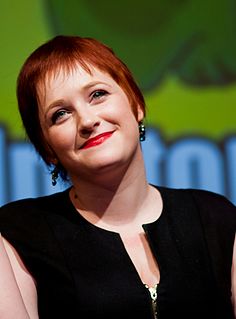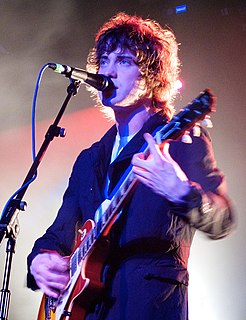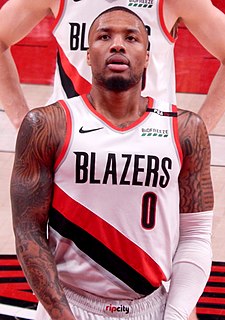A Quote by Gabriel Garcia Marquez
I don't have a method. All I do is read a lot, think a lot, and rewrite constantly. It's not a scientific thing.
Quote Topics
Related Quotes
The great thing about Twitter is, you get a lot back, and I read through a lot, and I want my fans to know that I do read a lot, and it's why I do respond or retweet clever posts, and I'm constantly amazed by the cleverness of people on Twitter. I just think it's a really great tool to communicate with fans and influence conversations and raise awareness about things I'm interested in, that I think deserve some attention.
It seems to me that there is a good deal of ballyhoo about scientific method. I venture to think that the people who talk most about it are the people who do least about it. Scientific method is what working scientists do, not what other people or even they themselves may say about it. No working scientist, when he plans an experiment in the laboratory, asks himself whether he is being properly scientific, nor is he interested in whatever method he may be using as method.
My writing process is very feedback based - I listen to the audience. I try to understand what's connecting, what's not connecting... and then rewrite, and rewrite, and rewrite. Chris Gethard and I have been on the road a lot together. When we get on the bus at night, we talk about the jokes that didn't work and the joke possibilities that could work. I think this is a little different from other writers.
When people think science and cooking, they have no idea that it's not correctly expressed. We're actually applying the scientific method. People think chemistry and physics are science, but the scientific method is something else.... It's the science that the world of cooking generates: science of butter; science of the croissant.






































